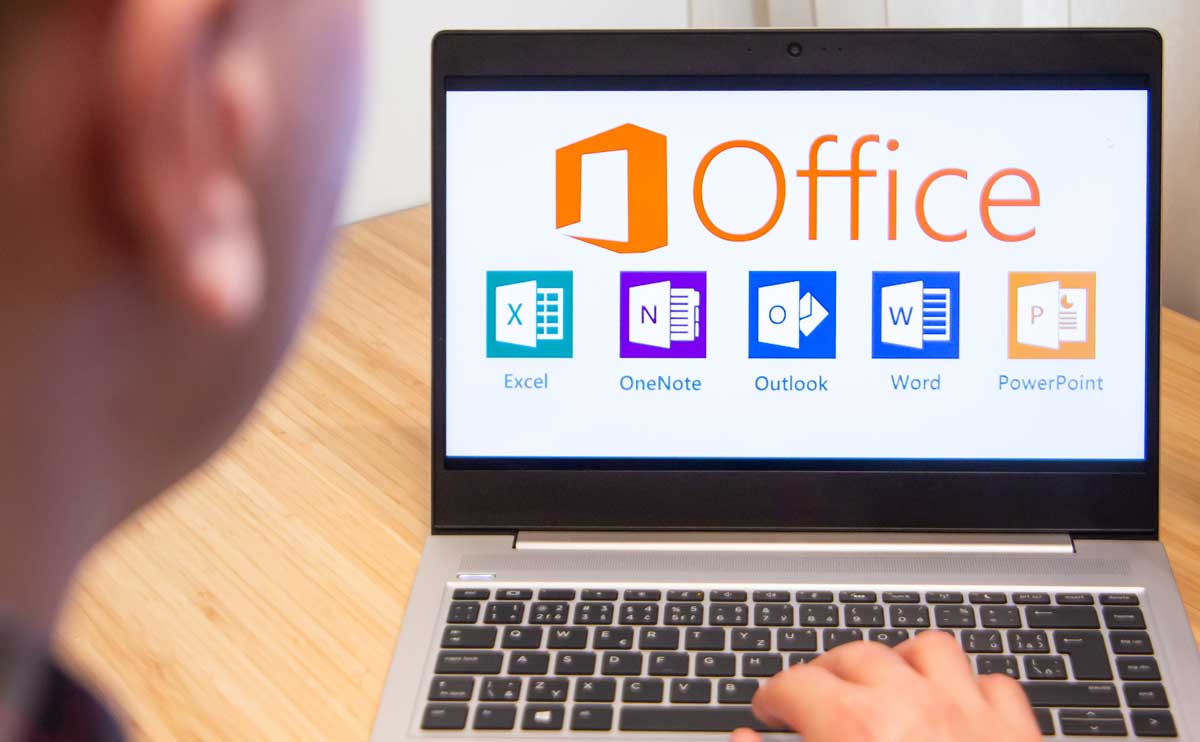When you purchase through links on our site, we may earn a commission. Here’s how it works.

Founded in 2001, CrashPlan is owned by Code42 and is used by seven of the world’s ten largest technology companies. Companies like Expedia, Adobe and GettyImages use CrashPlan for their online backup needs. Carbonite was founded in 2005 and has won many awards. Many of those awards are for customer service. With reputations like these, this is bound to be a good head-to-head online backup comparison.
| Carbonite | Crashplan | |
|---|---|---|
| Customer Service | ||
| Reliability | ||
| Encryption | ||
| User Friendliness | ||
| Overall Winner |
Customer Service
Carbonite and CrashPlan offer the same support options: FAQs, help community, live chat, phone and email. Fortunately, both companies have great reps working for them too. So, if you need help with either service, you’ll be in good hands.
Winner: Tie
Reliability
The initial backup for Carbonite may take longer, but the incremental backups are faster afterward. You can search for a file online that has been backed up, but restoring can be tricky. It takes longer to restore the files, so if you’re in a hurry you, may get irritated.
Uploading your files to be backed up online is easy with CrashPlan. You can access them from the mobile app or on your web browser. Restores work seamlessly as well. In the past, users had difficulties with upload and download speeds, but these issues seem to have been resolved.

Encryption
CrashPlan uses 448-bit Blowfish encryption. This means your files are encrypted multiple times before they are stored in the cloud. This is better encryption than many banks and online businesses use. Carbonite uses 128-bit Blowfish encryption, but you can upgrade to 1024-bit encryption for a fee. Since the default encryption is higher for CrashPlan, they are the winner here.
Confused on what those encryption numbers mean? This video will help explain the different levels of encryption.
Winner: CrashPlan
User-Friendliness
Carbonite takes you step-by-step on setting up your cloud backup services. Select the files that are most important to you and the files that are unselected will automatically be backup up to your My Documents folder. Please note that videos are not automatically backed up for Carbonite Home users, so you’ll have to select them individually.
Crashplan does a similar thing as Carbonite, but it is less intuitive than Carbonite’s. If you are new to online backups, it may be difficult to understand. For example, you can backup your data using CrashPlan Central, peer-to-peer or manage local backups. To get the most bang for your buck, you’ll need to dive in to the menus and understand the software fully, which can take some time.
Winner: Carbonite
Pricing
Pricing wasn’t included as a main comparison because we feel businesses should consider other aspects of online backups over the cost. However, we do want to mention the price for each company so you are aware of what you’d be getting into. Pricing for both companies is below:
CrashPlan Pricing
- Individual (1 computer, unlimited data): $59.99/year
- Family (2-10 computers, unlimited data): $149.99
- Business (unlimited computers, unlimited data): $10/month per computer
Carbonite Pricing
Basic Computer Backup
- $24/month (billed annually at $288)
- 128-bit encryption
Advanced Endpoint Protection
- $34/month (billed annually at $408)
- 256-bit encryption
- Comprehensive backup for Microsoft Office 365 applications
- Support for Teams, OneDrive, Exchange, Public folders, SharePoint, Groups, Planner, Skype for Business
Advanced Server Protection
- $147/month (billed annually at $1,764)
- Protects servers
- 256-bit encryption
- Supported operating systems include: Windows, Linux, Oracle, IBM AIX, HP-UX, Solaris, IBM iSeries, VMWare, Hyper-V
Feature Comparison
Below is a table displaying the features offered by CrashPlan and Carbonite.
| Carbonite | Crashplan | |
|---|---|---|
| Mac | ||
| Windows | ||
| File Size Limit | 1TB | None |
| Free Trial | 15 Days | 30 Days |
| Automatic Backups | ||
| Incremental Backups | ||
| Resumes After Interruption | ||
| Supports File Versioning | ||
| Archive Folder | ||
| Scheduler | ||
| Mobile Phone Access | ||
| SSL Secure Transfer | ||
| Encrypted Storage | ||
| Internet Accessible Without Download | ||
| Restore / Sync to Second Computer |
Final Verdict
Ultimately this was a tough choice because they’re both great online backups. In the end, CrashPlan came out on top because of its encryption levels, reliability and great customer service. However, if you’re new with online backups, you may want to test out Carbonite since it is more user-friendly.
Winner: CrashPlan
While CrashPlan wins this head-to-head, there are many other options when it comes to backing up your valuable data in the cloud. Our experts compare CrashPlan and Carbonite vs other popular online backup services.
Which provider are you leaning towards? Let us know in the comments!



